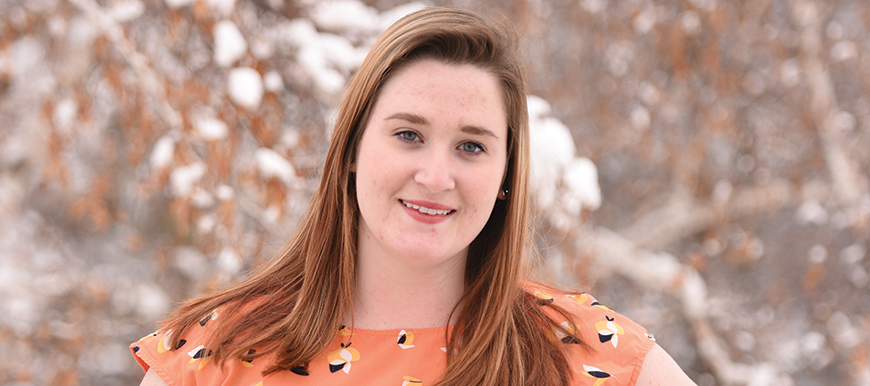Medical crises deserve respect
I don’t remember the day I found out I was adopted. My parents never sat me down on the living room couch for a grand reveal or sent flowers with a “Sorry we never told you, but you’re adopted” card.
I grew up knowing that I don’t share genes with my mother and father. This wasn’t abnormal to me as adoption is common in my family — my younger brother and sister, as well as five of my cousins, were also adopted. And I never saw them any differently than being my blood-related family, which I still to this day defend against anyone who tries to question that legitimacy.
My mother knew in her pre-adolescent years that there were problems with the child-forming function of her body. Excruciating menstrual cycles kept her bedridden once a month, forcing her to put life on pause for a solid week. Her maternal grandmother was diagnosed with ovarian cancer in her 40s, which increased my mother’s chances of the cancer down the road. So when her doctor and surgeon recommended she have a hysterectomy at 30 years old, she agreed.
My mother said she strongly felt that she would one day raise a family, so she accepted this recommendation with courage. Although this procedure meant the end of her biological ability to bare children, she was aware of another option: adoption. Though faced with a devastating medical proposal, she was comfortable with her life plan and that she would make things work. Cue the entrance of my siblings and I into the world.
My mother’s story isn’t meant to de-legitimize the experience of many women around the world who have to make the decision between their health and the chance of biological children. Losing the ability to create life is devastating for some women — it’s the definite closing of a chapter. So when I read Angelina Jolie’s published journal entry about the removal of her ovaries, I jumped for joy. I imagined the impact it would have on the many women struggling to come to terms with difficult reproductive choices.
Jolie’s account touched me in a deeply personal way. We often forget that celebrities are also made of flesh and bone, whose bodies are also prone to horrendous health issues, like cancer. I applaud Jolie’s choice to share this deeply-personal narrative because it legitimizes the stories of the people who share her experience — people like my mother.
I’m an obvious advocate for adoption. I align myself with pro-choice ideologies which for me means educating families on all options available when it comes to family planning and reproductive choice. Adopting children isn’t the right path for everyone, just as having children isn’t right for everyone. But I hope that any women, men and couples of any orientation who are struggling in their journey to create a family know this one thing: Your biological function does not dictate your ability to be a parent. Whether you decide to adopt, foster or informally take other people’s children under your wing, your ability to be a nurturing figure in a child’s life is not bound by the ability of your body to produce them.
Maybe my family’s story isn’t worthy of a star-studded movie or the premise of a book. Or maybe you’ll discount everything I’ve said because I’ve never had children and haven’t experienced infertility myself. But I hope our story resonates with someone out there who is in the process of coming to terms with the loss of that biological function. You are not alone. In whatever choice you make when trying to build a family, I hope you find comfort knowing that there are countless women and families who have struggled and agonized over the same obstacles you are facing. Your pain is valid.
Manda Perkins is a senior majoring in journalism. She’d love to hear comments or feedback, which can be sent to manda.perkins@hotmail.com.


Manda, I really enjoyed reading this, you are a wonderful writer!